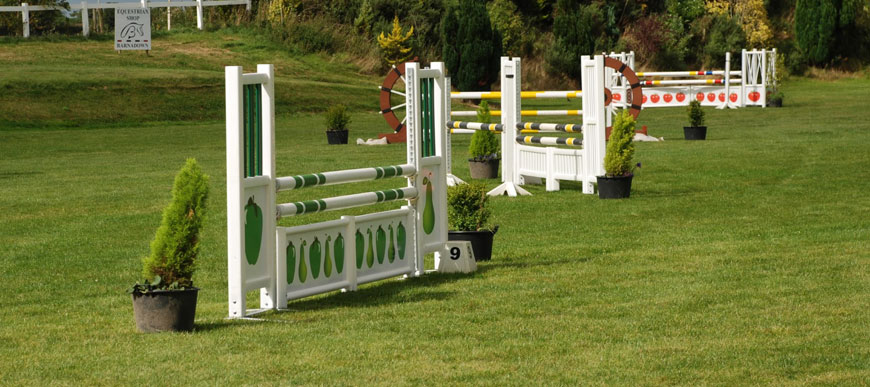Making the transition from being a city-slicker into living on a hobby farm might feel like a shock to the system. There are a variety of ways you can create your new lifestyle, depending on what your key interests are. Consider some of the opportunities you can invest in as you exchange your three-piece suit for boots and sunscreen.
Food Production
You may choose to use a greenhouse, an orchard, or a field to grow fruits and vegetables. The size of your operation will affect which equipment you need. Is it small enough to plant and harvest by hand, or is it large enough that you’ll need more effective utility equipment?
Animals for Show
If you choose to have a barn, you may find it beneficial to board neighbor’s horses. You can also find horse jumps for sale to allow aspiring equestrians to train their animals at your farm. Other common show animals include calves, goats, or llamas depending on your availability and climate.
Animals for Utility
Some farms raise dairy cattle, pigs, chickens, or sheep in order to use the byproducts from each of these kinds of livestock. Whichever you choose, you will not only need to learn both how to raise your animals but also how to process the derivatives from them. This may mean learning how to shear, collecting eggs, contracting with a butcher, or milking and producing cheese.
There are many forms of building a hobby farm, and you are not required to stick to only one form of farming. Whichever method you choose, consider working with a mentor to help you build and grow your homestead into the design and results you are seeking. Making the change from a city dweller into a ranch hand is a significant difference and you should be prepared to ask questions.

















